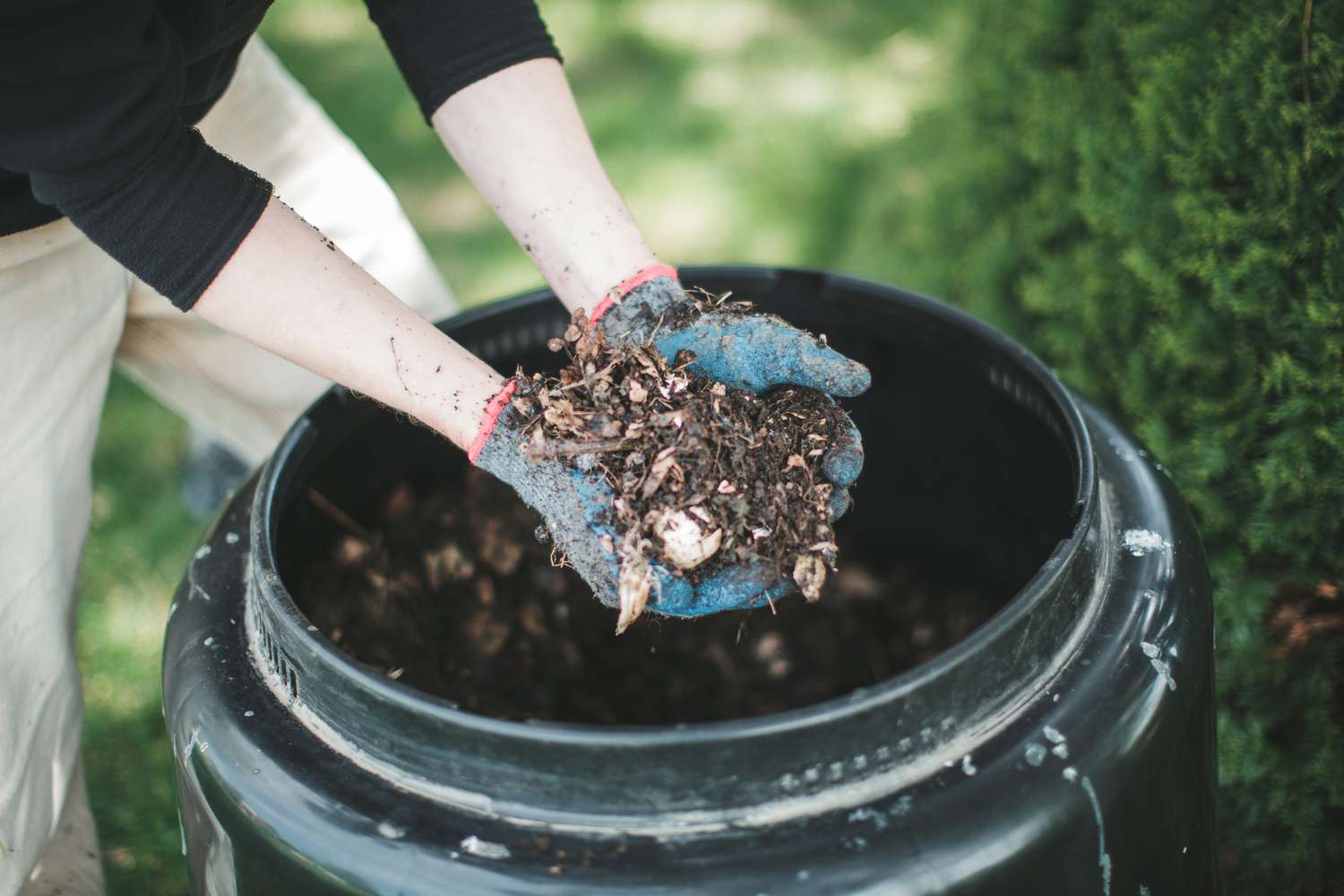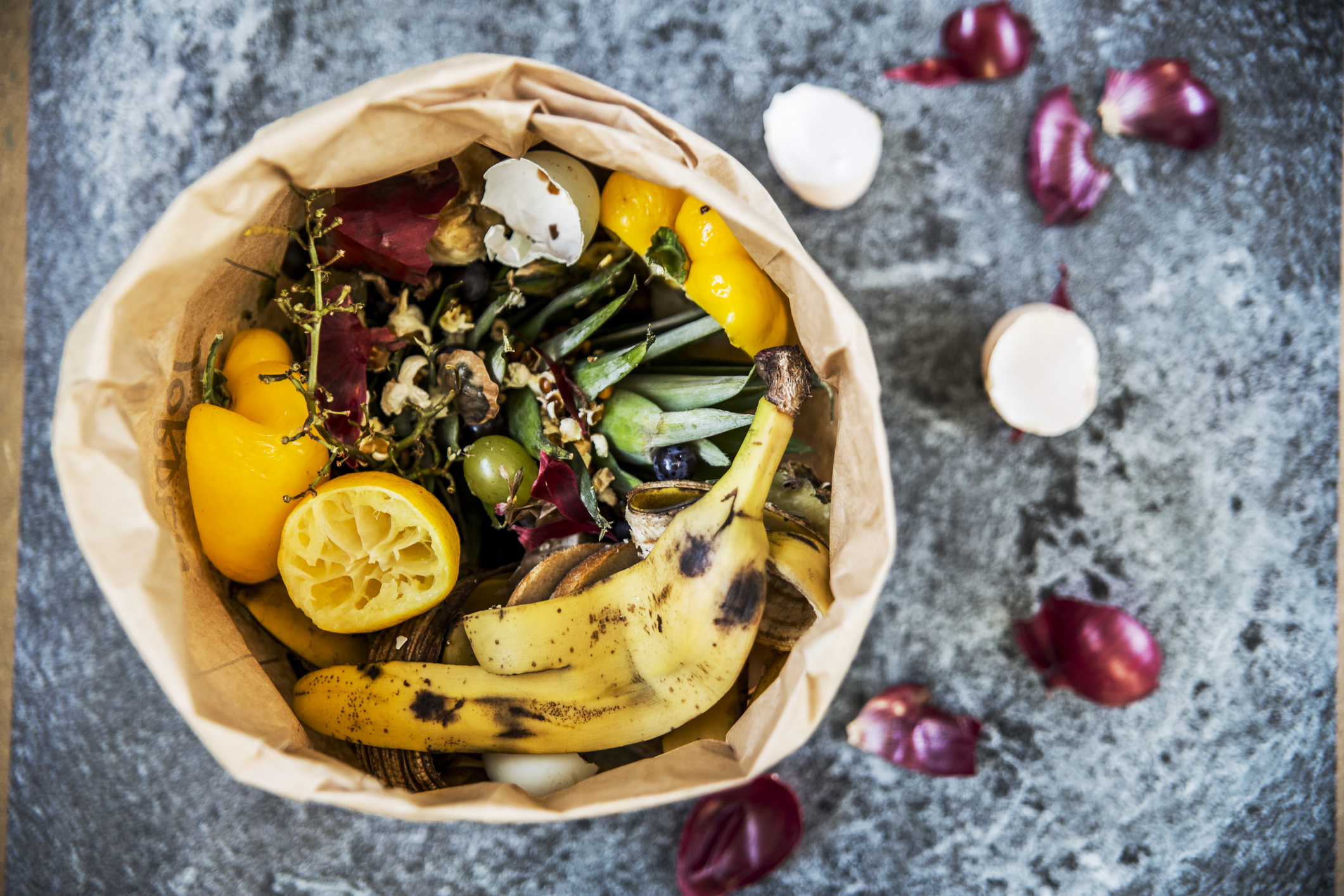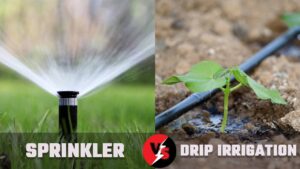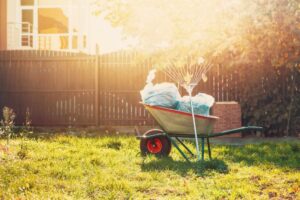
Using a composter offers various advantages. In addition to minimizing waste, you will be able to benefit from the natural fertilizer produced by the transformation and upgrading of these. In other words, both you and the earth win. Yet, when you first start out on this trip, it might be difficult to determine what waste you can and cannot compost. We provide a summary to help you view things more clearly.
Compostable Foods

Food waste that would otherwise be thrown away can be composted. They are soft, moist remnants that will supply plenty of nitrogen. So :
- Compost any fruits or vegetables that have been damaged or are no longer edible, whether cooked or raw. If you’re not using the tops or peelings in your cuisine, you can compost them.
- With the exception of meat and fish, leftover meals can also be composted. It can be rice, pasta, or something else, but only in small quantities and without accompaniment.
- Coffee grounds, as well as tea and infusions, can be composted.
Hard food leftovers, on the other hand, are not compostable in their natural state. Examples are egg shells, mussel or oyster shells, dried fruit shells, and stale bread. To aid their transformation, they should be finely powdered before being added to the compost.
Organic Materials
Composting organic matter from plants, animals, and other microorganisms is possible:
- Dead leaves decay and replenish the soil when they fall to the ground in nature. In the composter, the principle is essentially the same. As a result, you may recycle your bio-waste. Not only is this feasible, but if you have a composter, it is critical to add more frequently in order to balance the wet inputs and achieve a nice equilibrium.
- Garden trash or green garbage is classified into two types:
- Organic matter that is brown, dry, or hard: twigs, straw, dead leaves, sawdust, and so on. Because they are high in nitrogen, they make a fascinating addition to your compost. It is advisable, to begin with, a fine grind for quite big amounts of hard waste.
- Wet organic debris consists of vegetable garden remnants, faded flowers, and weeds without seeds. Nettles, for example, can be readily added to your compost bin when you aren’t using them to make nettle manure. They contain a lot of carbon. If grass clippings are permitted, they should be used sparingly.
Because some materials are high in nitrogen while others are high in carbon, it is best to alternate them to maintain a healthy equilibrium.
- Herbivorous animal excrement: These excrements, such as those of chickens, will be welcomed in your compost bin.
Household Waste
Newspaper, white paper handkerchiefs, toilet paper rolls chopped into little pieces, hair, and other materials can also be composted.
Some Organic Materials are Difficult to Compost
As we have shown, a significant portion of organic matter can be comprised. But, for others, the transformation will be more difficult, or they may have negative effects on the compost:
- This is true for certain hard organic materials that take longer to break down and can produce odor issues or attract bugs. As a result, fruits with thick skins, such as citrus fruits, take longer to decompose. It is therefore advised to avoid putting them in the composter or smashing them beforehand.
- Some veggies or condiments that are placed in the compost whole can germinate. This is true of garlic, onion, and shallot, for example.
- Some plants tossed into the composting bin, such as bindweed, ivy, or certain climbing plants, may thrive in the composting bin’s environment. It goes without saying that this late development will be detrimental to your compost.
Get a Good Balance
A good layer distribution is essential for a successful compost, in addition to carefully selecting what you throw in. They must be homogeneous and adhere to an alternate system of wet and dry waste.
Also, you must take care to keep your compost moist and well-aerated in order to facilitate the transformation of your waste into fertilizer.
Non-Compostable Waste
In summary, the trash that is too hard or too huge will not degrade quickly enough. You must first grind them.
Also, certain organic waste cannot be composted. Here is a non-exhaustive list of those to avoid:
- The excrement of carnivorous animals
- Leftover fish, meat, or bones
- The oils
- Dairy products
- Fatty substances
- Charcoal ashes
- Treated wood
- Clay-based cat litter
Furthermore, the garbage that has been chemically treated, like inorganic materials, should not be incorporated into your compost.






